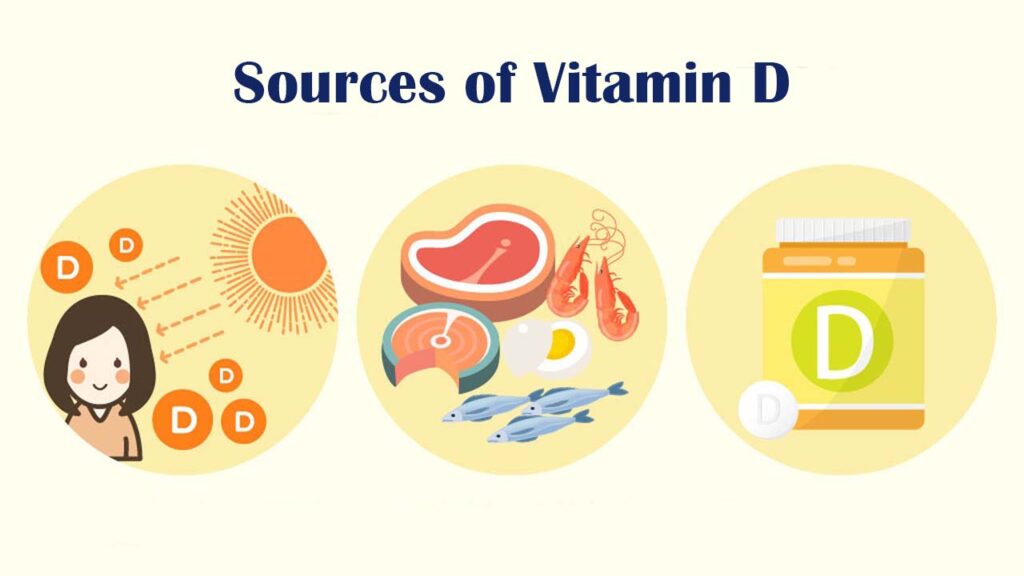If You Have This Disorder, Check for Vitamin D Deficiency Right Away
Vitamin D deficiency can lead to various health issues. Still, one little-known symptom can serve as an alarm bell indicating low levels of this essential vitamin. Here’s what to watch out for.

Why is Vitamin D deficiency dangerous?
Vitamin D plays a crucial role in our body. It promotes strong and healthy bones and teeth and supports the proper functioning of the heart, lungs, muscles, and brain. This vital nutrient is synthesized in the body with the help of sunlight exposure. However, individuals with certain diseases or malabsorption issues may have lower-than-normal levels of this essential vitamin.
Sometimes, the deficiency can be severe, leading to various disorders, including:
- Bone fragility
- Joint and muscle pain
- Involuntary muscle contractions
- Neurocognitive disorders
- Fatigue and asthenia
- Hair loss
A Strange Signal from Your Body
If you’re experiencing the symptoms mentioned above and frequently suffer from widespread pain, try this simple test:
- Gently press on your shin.
- Repeat the same movement on your sternum.

During this self-assessment, use the base of your thumb to apply light pressure to the indicated points. Pay attention to whether you feel any unusual discomfort or pain.
If you experience unusual discomfort or pain during the self-assessment, it’s advisable to consult your doctor and consider the possibility of undergoing diagnostic tests.
What Foods Are Rich in Vitamin D?
If you need to increase your vitamin D levels, incorporating foods that are rich in this essential nutrient into your diet is a good idea. Some vitamin D-rich foods include:

- Tuna
- Mackerel
- Salmon
- Bovine liver
- Egg yolk
- Fatty cheeses
- Mushrooms
Further more, exposing your skin to sunlight helps you get vitamin D. It’s recommended to spend about 10 to 30 minutes in the sun each day, depending on factors like skin tone, time of day, and location. The best time for sun exposure is in the morning to midday, with most of your skin uncovered. Darker skin may require more time. Always use sunscreen or protective clothing to avoid sunburn and skin cancer risks. If in doubt, consult a doctor for guidance.

In specific situations, such as during pregnancy, breastfeeding, or when dealing with malabsorption disorders like celiac disease, supplementation with specialized products designed to provide the required vitamin D intake may be essential. This can help eliminate the risk of vitamin D deficiency.





